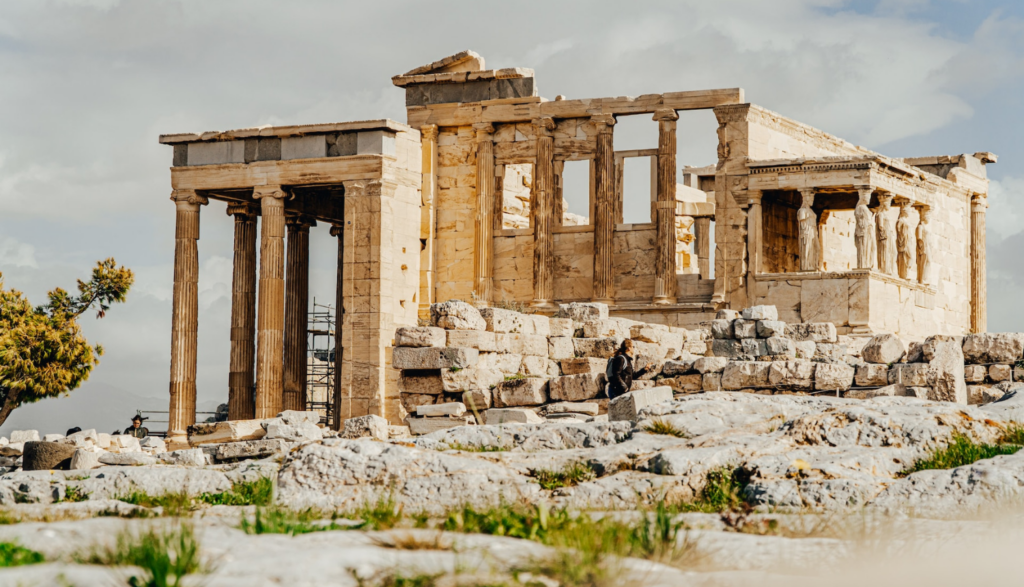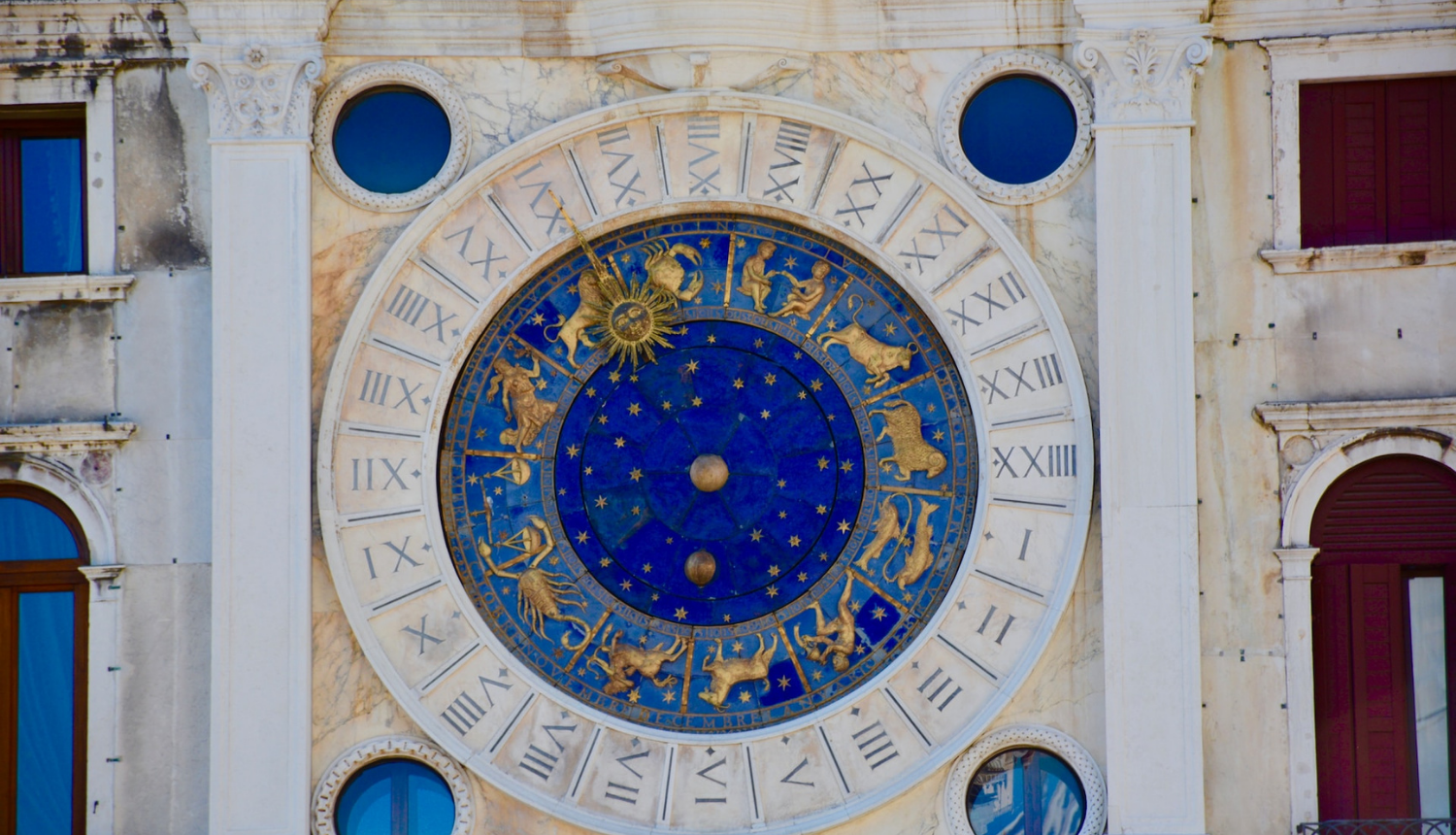Astrology, the belief that celestial bodies and their positions influence human affairs and natural phenomena, has a long and diverse history across various ancient cultures and civilizations. The practice of astrology dates back thousands of years, and it played a significant role in shaping the beliefs, traditions, and even the daily lives of people in these societies. In this article, we will explore the role of astrology in several ancient cultures and civilizations.
- Mesopotamia: The Cradle of Astrology
One of the earliest known civilizations to embrace astrology was ancient Mesopotamia, where the roots of this practice can be traced back to around 2,400 BC. The Babylonians, in particular, were renowned for their advancements in celestial observation and recording. They created the first known astrological calendar, which linked planetary positions with events on Earth. Babylonian astrologers also believed in the significance of celestial omens, guiding decisions made by kings and leaders.
- Ancient Egypt: Aligning Stars with the Divine
In ancient Egypt, astrology held a prominent place in the culture. The Egyptians saw the stars as a direct connection to the divine. The alignment of celestial bodies, especially the heliacal rising of the star Sirius, was crucial for the timing of agricultural activities like the flooding of the Nile, as it signaled the beginning of the planting season.
- Classical Greece and Rome: The Birth of Western Astrology
Astrology in ancient Greece and Rome played a pivotal role in the development of Western astrology. Greek philosophers such as Pythagoras and Plato regarded astrology as a science and integrated it into their philosophical teachings. The works of Ptolemy, a prominent astronomer and astrologer, outlined the foundations of Western astrology, which were later embraced by the Roman Empire.

- China: A Unique Astrological Tradition
Ancient China developed its own unique system of astrology, which was closely tied to Confucianism and Taoism. Chinese astrology, often known as the Four Pillars of Destiny or Ba Zi, focuses on the individual’s birth date and time and uses these elements to predict a person’s life path, character, and potential fortune. The Chinese Zodiac, which assigns an animal sign to each year, is also an integral part of Chinese astrology.
Related: How Astrological Houses Reflect Key Life Areas
- India: Vedic Astrology and Jyotish
In India, astrology is known as Jyotish, and it is an integral part of Vedic culture. Vedic astrology, or Jyotish, is based on the ancient texts of the Vedas and involves the study of the positions of celestial bodies to make predictions about individuals’ lives, events, and destinies. It remains deeply embedded in Indian culture and is consulted for various life decisions, such as marriages and career choices.
- Mesoamerica: The Mayan and Aztec Calendars
The Mayan and Aztec civilizations in Mesoamerica also had their own complex astrological systems. The Mayans, in particular, were known for their precise calendar systems, which integrated celestial events into daily life. The Mayan Long Count calendar, for example, was used to predict future events and played a crucial role in the scheduling of religious and agricultural activities.
Astrology was more than just a belief in ancient cultures and civilizations; it was a guiding force that influenced daily life, religion, and decision-making. Whether it was the celestial omens of Mesopotamia, the divine alignment of stars in Egypt, or the sophisticated systems of the Greeks, Romans, Chinese, Indians, and Mesoamericans, astrology left an indelible mark on the history of human civilization. While modern science may view astrology differently, its historical importance and cultural significance cannot be denied.





















